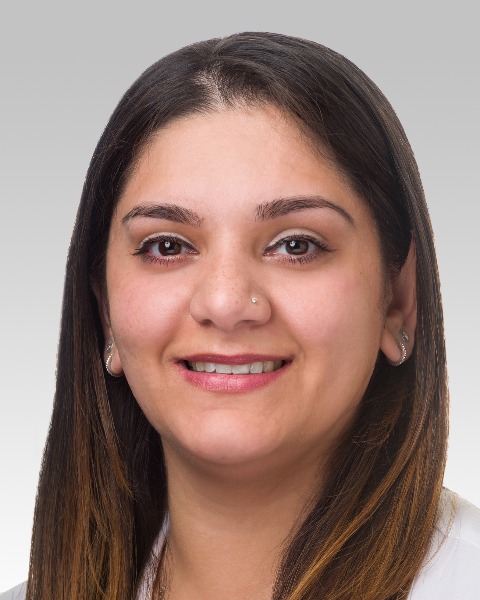Poster Session 2
(594) Sleepiness in Pregnancy and Adverse Perinatal Outcomes
.jpg)
Rachel L. Friedlander, MD
Resident
Northwestern Feinberg School of Medicine
Chicago, Illinois, United States- XH
Xiaoning Huang, PhD
Northwestern University
Chicago, Illinois, United States - PZ
Phyllis Zee, MD, PhD
Northwestern University Feinberg School of Medicine
Chicago, Illinois, United States 
Sadiya S. Khan, MD, MSc
Assistant Professor of Medicine
Northwestern University Feinberg School of Medicine
Chicago, Illinois, United States- PG
Philip Greenland, MD
Northwestern
Northwestern/Chicago, Illinois, United States 
Francesca Facco, MD, MS
Associate Professor
University of Pittsburgh
Pittsburgh, Pennsylvania, United States
Judith H. Chung, MD
Professor of Clinical Obstetrics and Gynecology
University of California- Irvine
Irvine, California, United States
William A. Grobman, MBA, MD
Professor
The Ohio State University
Columbus, Ohio, United States- DH
David M. Haas, MD, MS
Attending Physician
Indiana University School of Medicine
Indianapolis, Indiana, United States 
Uma M. Reddy, MD, MPH (she/her/hers)
Professor and Vice Chair of Research, Department of Obstetrics and Gynecology
Columbia University
New York, New York, United States
George R. Saade, MD (he/him/his)
Professor and Chair, Associate Dean for Women's Health Obstetrics and Gynecology
Macon & Joan Brock Virginia Health Sciences Eastern Virginia Medical School at Old Dominion University
Norfolk, Virginia, United States- RS
Robert M. Silver, MD
University of Utah
Salt Lake City, Utah, United States 
Lynn M. Yee, MD, MPH (she/her/hers)
Associate Professor
Northwestern University Feinberg School of Medicine
Chicago, Illinois, United States
Submitting Author and Presenting Author(s)
Coauthor(s)
Sleep disorders in pregnancy have been associated with adverse perinatal outcomes (APO) including hypertensive disorders of pregnancy (HDP), preterm birth (PTB), and gestational diabetes mellitus (GDM), yet prospective studies that use validated tools to assess sleepiness in pregnancy are limited. We aimed to assess the association of sleepiness in pregnancy with APOs.
Study Design: In this secondary analysis of data from a large, diverse observational cohort of nulliparous individuals conducted at eight US medical centers, those with self-reported sleep data were included. Sleepiness was evaluated in early (6-13 weeks) and mid pregnancy (22-29 weeks) via the Epworth Sleepiness Scale, a validated tool to assess daytime sleep propensity, the ability to fall or stay asleep. Those with scores ≤10 were categorized as having no sleepiness (referent), 11-15 moderate sleepiness, and 16-24 severe sleepiness. The outcomes were HDP, GDM, PTB, and small-for-gestational-age birth < 10%ile (SGA). Multivariable logistic regression analysis was performed to evaluate the associations of moderate and severe sleepiness with each APO. A sensitivity analysis that included “high risk for sleep disordered breathing (SDB),” measured by an adapted Berlin Questionnaire for Sleep Apnea, as a covariate in the multivariable model was performed.
Results:
Of 6,806 eligible participants who completed sleep questionnaires at both time points, the average sleepiness score in early and mid pregnancy was 7.8 (SD 4.1) and 6.5 (SD 4.0) respectively. In early pregnancy, 20.0% and 4.3% of people experienced moderate and severe sleepiness, respectively; in mid pregnancy 14.4% and 2.5% experienced moderate and severe sleepiness. Severe sleepiness in mid-pregnancy was associated with GDM (aOR 1.78, 95% CI 1.01-3.12) and SGA (aOR 1.35, 95% CI 1.06-1.71) (Table). Findings were similar when accounting for SDB.
Conclusion:
Severe sleepiness during pregnancy, a symptom reflective of sleep quality, length, and often SDB, is associated with GDM and SGA suggesting a potential relationship with maternal glucose metabolism and placental function.

